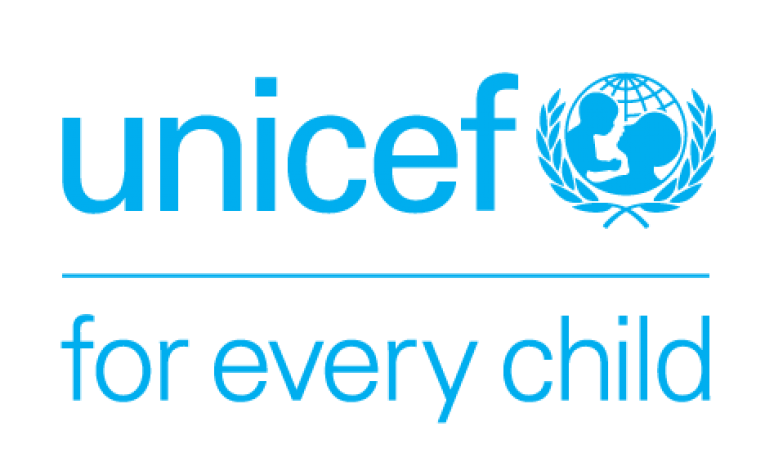UNICEF and UNESCO welcome the decision to reopen schools in South Sudan
UNICEF and UNESCO welcome the decision of the Government to start reopening of schools in South Sudan. The reopening will happen in phases. Phase 1 includes the candidate classes, Primary 8 and Senior 4, and will start the first week of October 2020. Phase 2 includes all schools and grades and will coincide with the start of the academic year in February 2021. All schools have been closed since March 2020 due to COVID-19, keeping 2 million children out of school. This comes on top of the 2.2 million children out of school before the pandemic hit South Sudan.
Scientific evidence shows children are not super spreaders of COVID-19 and are the least affected by it in the region, with a mere 2.5 per cent of COVID-19 cases among children of school going age (5-18 years, WHO). At the same time, we have seen growing evidence of the negative impact closed classrooms have had on children, including abuse, exploitation, child marriage and early pregnancies. Children are safer inside the school walls than outside.
Together with the Ministry of General Education and Instruction, UNICEF, UNESCO and education partners have made a plan for a safe reopening of schools. The plan includes improved water provision to schools, repair of water infrastructure, soap distribution, handwashing stations and sanitary kits. The students and the teachers will also be provided with washable face masks. Social mobilizers will be raising awareness on the reopening of schools and encouraging parents to send their children to school. The longer children stay out of school, the harder it is to get them back to the classrooms.
The current reopening plan will cost just under USD 16.4 million, while only USD 7 million is available through the Global Partnership for Education. UNICEF and UNESCO are urging donors and partners to step forward to support the reopening of schools in South Sudan. We would also like to take the opportunity to thank the education partners who have supported the distant learning programme in this difficult time, and especially the EU/ECHO, the Government of Norway, UKAid and USAID.

